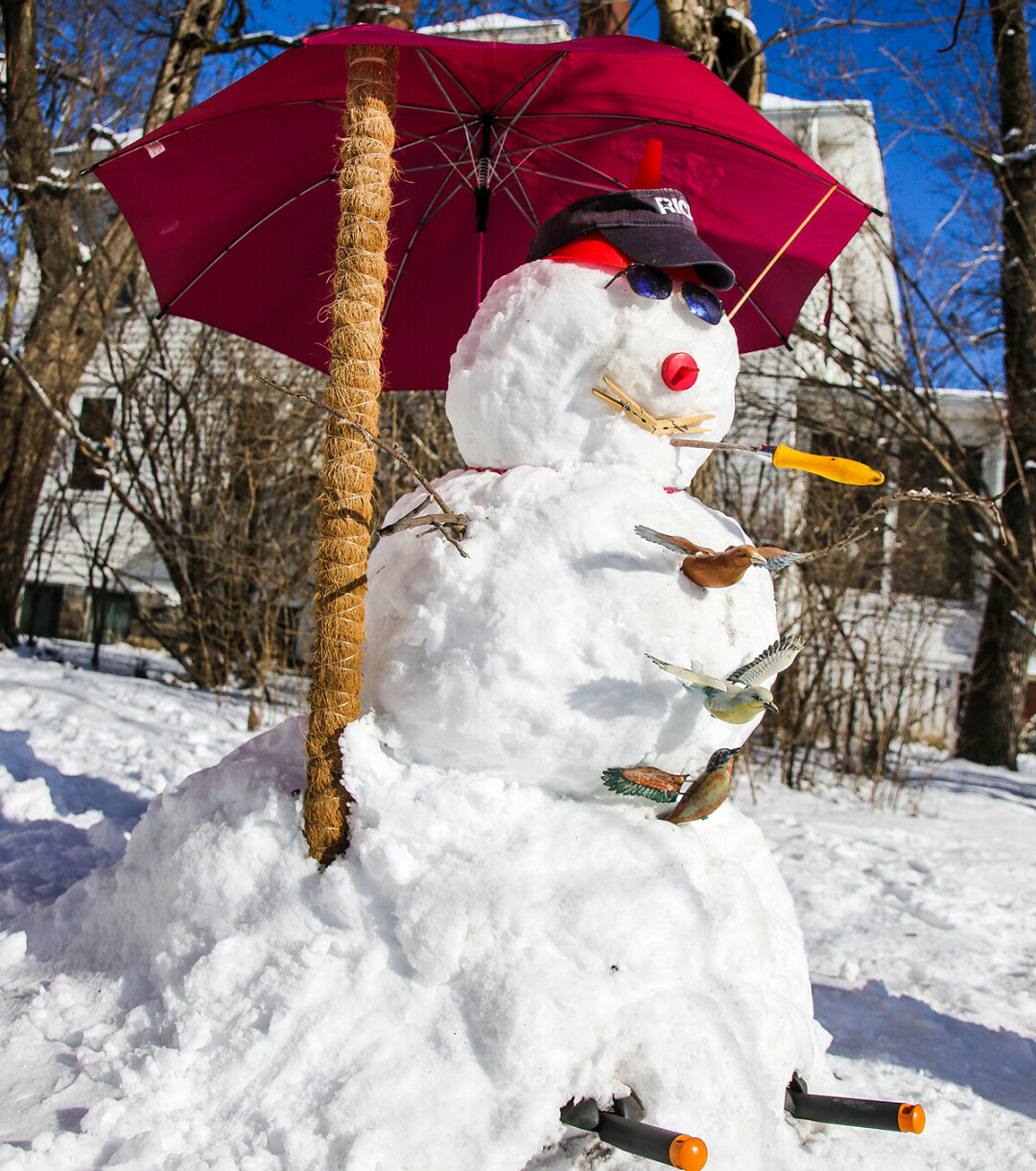Five Ways to Winter
it’s time to mentally prepare for the season ahead of us

The Old Farmer’s Almanac predicts a “light” winter, but my guide dog’s fur is getting pretty thick. After that initial snow dump in October, I’ll predict a long winter, or at least one that seems long. Add to that the fears, anxieties, griefs, and loneliness of COVID-19, and the winter of 2020-21 could be a hard one.
In addition to the normal pull-in-the-patio-furniture, get-the-leaves-raked kinds of preparations, it makes sense to me to prepare mentally this year for wintering. A book called Wintering by Katherine May is a great place to start. She points out the values of a fallow time when one can slow down, regroup, enjoy the hushed beauty of winter, and gain some wisdom from this break from the ordinary.
If you feel like you’re running on empty and want to do some wintering planning, consider the following:
Acknowledge you’re there.
Observe yourself like a lab experiment and see what your symptoms are. Snapping at others? Poor sleep? Worrying excessively? Eating or drinking too much? Not enough energy for even “simple” tasks? No judgment, just observation. You can’t do anything about a problem until you acknowledge it.
Reclaim some of what you’ve lost to COVID.
In the initial phases of dealing with COVID, we stepped up, figured out how to do it all the new way and got through it with humor and grit (at least sometimes). But the rhythms of life – weekends, holidays, routines, time alone on the drive to and from work, basic self-care – may have fallen away. Think about your pre-COVID life and pick one thing you really miss. Then brainstorm with yourself and/or your pod how you can get at least a piece of it back. Nothing too ambitious! If you really miss your friends, could you commit to calling one per week? If you miss dining out and not having to cook, can you figure a way to order out or grab-and-go one meal a week? Whether it’s a meal from a local restaurant, the deli of a grocery store, or the Community Table, you don’t have to prepare it!
Recharge.
It would seem we’d have more time for leisure activities during the pandemic, but a lot of people are finding it isn’t refreshing leisure. Bingeing on Netflix may be good passive leisure, but it turns out we need active leisure too: e.g. a hobby, learning something new, spending time in nature, enjoying beauty, etc.
Run out of ideas of what might be fun? Look through a book like Happiness Is by R. Lazar that lists 500 ideas. I’ll bet at least one of those will call to you.
Savor something.
Many people report time is dragging, although they also feel too busy and Zoomed out. Do something in slow motion, inefficiently, just for the joy of it. It can be eating a meal, taking a walk, or petting your dog. People who’ve survived COVID talk about being so glad to have their senses of smell and taste come back (usually). Enjoy those senses while you have them.
Even breathing can be savored and done mindfully. Breathe in to a count of four and out to a count of eight. It’s amazing how a little savoring break can reset one’s focus – and it’s free!
Doing nothing can even be savored! Watch your pet waking up and wriggling or read The Lazy Dog’s Guide to Enlightenment by B. Wilson or Slowly Slowly Slowly Says the Sloth by E. Carle.
Switch focus!
Most of us are used to running our lives, being in charge, and having a plan. COVID has upset all of that. We don’t know how long the disruption will last. We realize in new ways we are part of a community and need others. We may have to switch plans often.
Think about the relationships you can rest in, whether that’s with a person, an animal, or a Higher Power. Cultivate them and look for chances to be that person someone else can rest with.
Katherine Schneider is a retired clinical psychologist and serves on the Eau Claire County Board. She is author of several books, including Hope of the Crow and Occupying Aging: Delights, Disabilities and Daily Life. She blogs at kathiecomments.wordpress.com and can be reached at schneiks@uwec.edu. Parts of this column were first published in the Chippewa Valley Post (cvpost.org).


















